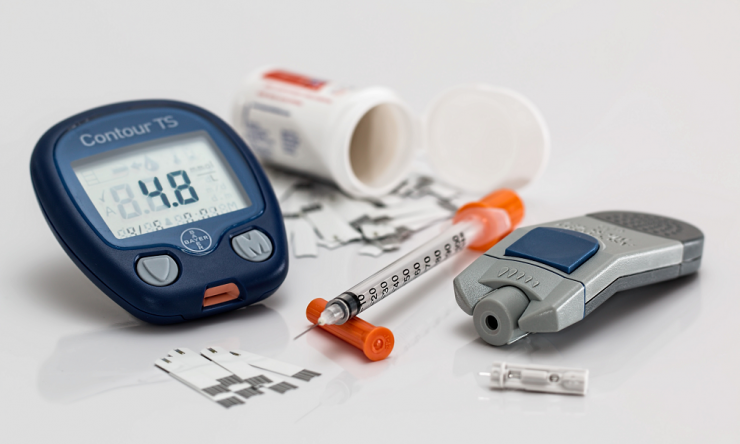Grant to test genetics to help diabetes type diagnosis in children
Baylor College of Medicine will serve as the lead center among a multicenter, international project aiming to use genetics to diagnose diabetes in children.
Diagnosing diabetes in children can be difficult due to overlapping characteristics between type 1 and type 2 diabetes, particularly in non-Caucasian children. Researchers will explore if and how genetics can help classify diabetes type at the onset in order to start the correct treatment as quickly as possible after diagnosis. The centers will receive $2,665,254 over the course of four years.
“Type 1 diabetes is more common than type 2 in children, although type 2 is rising quickly, particularly in minority children,” said Dr. Maria Redondo, professor of pediatrics – endocrinology, diabetes and metabolism at Baylor and Texas Children’s Hospital and principal investigator of the study. “The problem is that there are many cases that we cannot exactly diagnose as type 1 or type 2 at onset.”
Researchers will study children with diabetes who receive care at Texas Children’s or Emory University between the ages of six months to 18 years old from different ethnic and racial backgrounds: Black, Hispanic, Asian and Caucasian. They will study their characteristics at onset, along with genetic markers that are associated with diabetes and will relate that to their ability to produce insulin. They have chosen the loss of ability to make insulin as an indicator of type 1 diabetes because it is the feature of type 1 diabetes with the most impact on clinical management. The biostatisticians will create a model that integrates all the variables and predicts loss of ability to make insulin.
“We expect that our model can guide clinicians to determine the type of diabetes at the time of diabetes onset, so that the appropriate treatment can be started as soon as possible in the course of the disease. This is important because delays or mistakes on the correct treatment increases the risk of complications of diabetes, both acute (such as diabetic ketoacidosis or severe hypoglycemia) and chronic (such as kidney, eye or cardiovascular diseases),” Redondo said.
Dr. Mustafa Tosur, assistant professor of pediatrics – diabetes and endocrinology at Baylor and Texas Children’s, serves as the co-investigator of the study.
Other participating centers collaborating with Baylor include Emory University, University of Colorado, University of Florida, University of South Florida and Washington University in the United States and University of Exeter in the United Kingdom.
This project funded by the National Institute of Diabetes and Digestive and Kidney Diseases, an institution within the National Institutes of Health.










